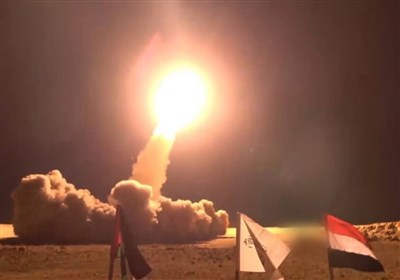Imam Reza Shrine Custodian Commends Iraqi Hospitality during Arbaeen Procession
TEHRAN (Tasnim) - Hojjatoleslam Ahmad Marvi, Custodian of the Imam Reza Shrine, praised the hospitality of Iraqi shrines and their efforts in hosting Arbaeen pilgrims, during his recent visit to Iraq.
Marvi expressed his appreciation for the hospitality extended by the custodians of Iraqi shrines during his visit to Iraq for the Arbaeen ritual.
In separate meetings with the custodians of the shrines of Imam Hussein, Imam Ali, Hazrat Abbas, Imam Musa al-Kadhim, Imam Javad, and Imam Hassan Askari, Marvi emphasized the role of holy shrines in fostering unity between Iran and Iraq.
“Holy shrines in Iran and Iraq are factors for unity between the two nations,” Marvi stated during his meetings.
He highlighted the significance of the ancient civilizations of the two neighboring countries, noting that "Many Islamic countries lack such a civilizational power; that is why enemies are scared of unity between these two nations in the region."
Marvi also underscored the role of the Iraqi shrines in mobilizing the public for the Arbaeen pilgrimage.
“Arbaeen is a classic example of the impact of holy shrines on the creation of social capital and cultural mainstreaming; it can also play an important disciplining role in the Islamic world,” he said.
He concluded his remarks by expressing gratitude for the hospitality of the Iraqi people and the cooperation of Baghdad’s government in accommodating the large number of Arbaeen pilgrims.
In a related event, the Imam Reza Shrine in Mashhad, northeastern Iran, hosted a significant number of mourners on the eve of the Arbaeen ceremonies, which mark 40 days after the martyrdom of Imam Hossein, the 3rd Shia Imam.
On the evening of August 24, mourners gathered in Imam Khomeini Portico of the shrine to participate in the ritual.
Hojjatoleslam Rashedi, a religious expert, spoke at the event, recounting the tribulations faced by Imam Hussein’s household in captivity following his martyrdom in the Battle of Karbala in 680 AD.
The mourning ceremonies continued on Arbaeen Day, August 25, with mourners from across Iran in attendance.





